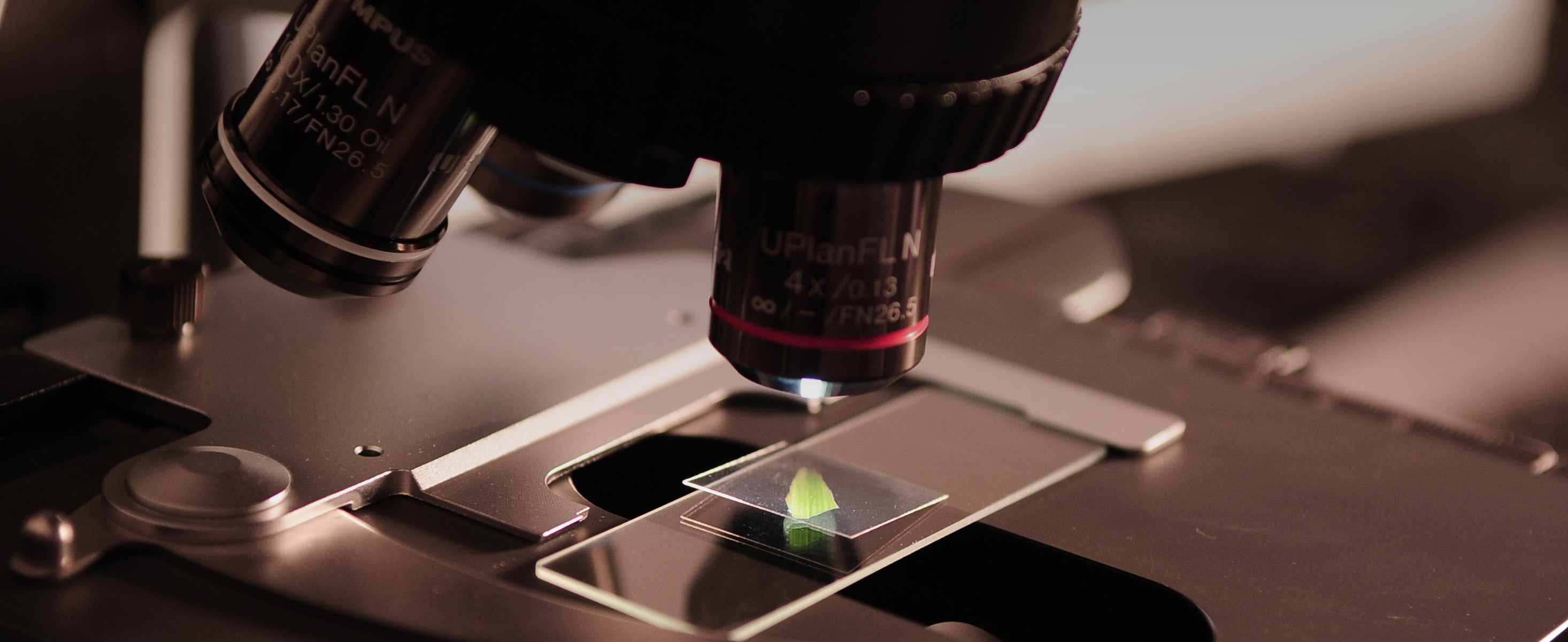
3 minute read
I Don't Need a Bag, Thank you
I Don’t Need a Bag Thank You
By Laura Paulina López Orozco / Master’s degree student in Ecosystems Management in Arid Zones at UABC
Advertisement
Talking about plastic bags is not uncommon. Each time we find more information about this item that has revolutionized our lives and continues to be part of our everyday life. Although, different findings about plastic bags have been found, being aware of this helps to be more practical when acquiring, using and discarding them, or better yet to look for new styles of bags to carry or store our things.
We all love plastic bags, who doesn’t? They are light, compact, multi-colored, and of different sizes, they have a high load capacity and are easily acquired. However, not everyone knows the impacts they are causing on ecosystems.
It is estimated that we use a plastic bag for practically 15 minutes and then we discard it. But it’s not the same to throw a plastic bag to the recycling or to the garbage dump, than to throw it away in the street or in some natural area. The hard truth is that it is estimated that a great amount of these bags never arrive at the garbage dump of the community, less than 10 percent of them are recycled, and many are left trapped in nature.
It’s estimated that we use a plastic bag practically for 15 minutes and then we discard it.
And how does this affect us?
First, it is important to know that plastic bags have a great resistance and take about 500 years to degrade, depending on different environmental factors. Several bags are reaching the sea and when exposed to the sun, for chemical reasons, they disappear from our sight. However, they do not fall apart completely, they only break into small pieces of plastic (microplastics), which are not often seen, but are still there. Greenpeace points out that these pieces can absorb toxic chemicals and as they are floating through the water, fish, whales or other animals eat them and without realizing it, we could be eating fish or seafood fed by these plastics.
Therefore, many places in the world are taking actions to reduce or eliminate the problem of plastic bags, they are selling them and even prohibiting them.
Ensenada, like other places, wants to commit to this. At the beginning of 2017, a reform to Article 141 of the Environmental Protection Law for Baja California was endorsed. This regulation prohibits providing non-biodegradable bags in the city.
This is a good start, but research indicates that not all bags are biodegradable even if they are labelled as such, since many are still made from oil and only contain a chemical (these bags are oxo-degradable) that breaks them faster and fragments them into little plastics. For a bag to be truly biodegradable, it must be able to “decompose into natural chemical elements due to the action of the sun, water, bacteria, plants or animals”, as indicated by the Secretariat of Environment and Natural Resources in Mexico.
For more information, go to the Facebook fan page Ensenada Sin Bolsas de Plástico.
The solution? Apply the 4 Rs: Reject, Reduce, Reuse and Recycle
A practical solution is to change our consumption habits. Let’s start by decreasing the number of bags we use; take our cloth bag or basket to the market and say “Today I do not need a bag, thank you”. Separate the garbage at home to use less bags. If you do, you will be surprised at the amount of bags that you accumulate and do not need.
Also avoid throwing the bags anywhere and make sure they reach the dumpster, or better yet, a recycling center. This will prevent any animal from eating the bag by mistake and dying because of it.
Currently, bags of different materials are being invented, such as algae, banana peels, cassava and other inputs that are really biodegradable. And why don’t we find them in stores? Because they still have a high cost. Therefore, while increasing social demand and lowering the price, we must commit ourselves as responsible citizens that seek to change our relationship with plastic bags.
Otherwise, it is estimated that by 2050 there will be more plastic than fish in the sea. Can you imagine that? It would be a big problem not only for the health of the seas, animals and humans but also for the economy, gastronomy and in general for the planet Earth.
Interesting facts
The plastic bag was introduced progressively into the world during the 70’s
12 million barrels of oil are needed to produce 100 million bags
The World Counts estimates that in 2017, 5 billion plastic bags were manufactured in the world
Every second 160,000 plastic bags are used in the world
Less than 10% are recycled
With the oil used to produce 1 bag, a car could move 36 feet
The bags cause suffocation, entanglement, malnutrition in animals and have the ability to enter the human food chain


